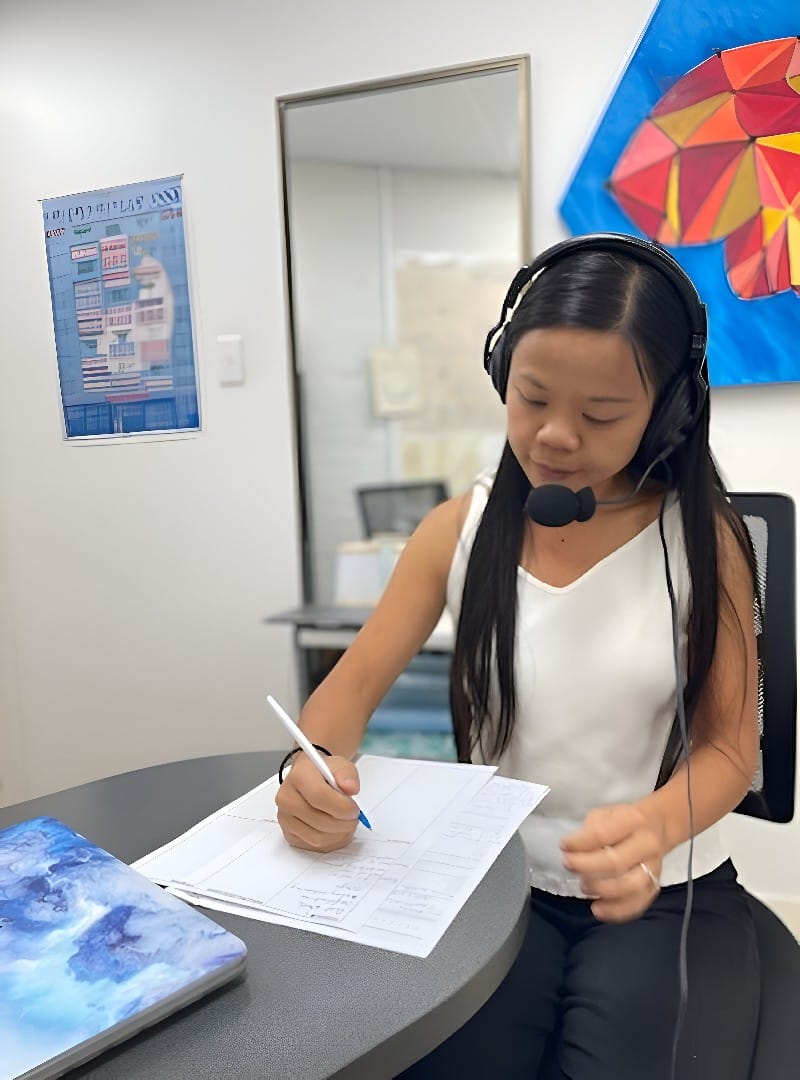Not Sure How to Choose the Right Hypnotherapist?

Experience a Free Hypnosis Demo — No Pressure, Just Peace of Mind
Discover what real clinical hypnotherapy feels like before you commit.
Tailored to your needs. No scripts. No sales pressure.
📦 What’s Included in the Free Demo?
✅ A brief check-in to explore your issue
✅ A 15-minute tailored hypnosis demo with Sandy our senior clinical practitioner
✅ A customised next-step roadmap for lasting change
✅ 100% Free, No obligation
✅ Exclusive to Make It Happen Hypnotherapy
If you’re not sure how to choose the right hypnotherapist — let this experience speak for itself.










